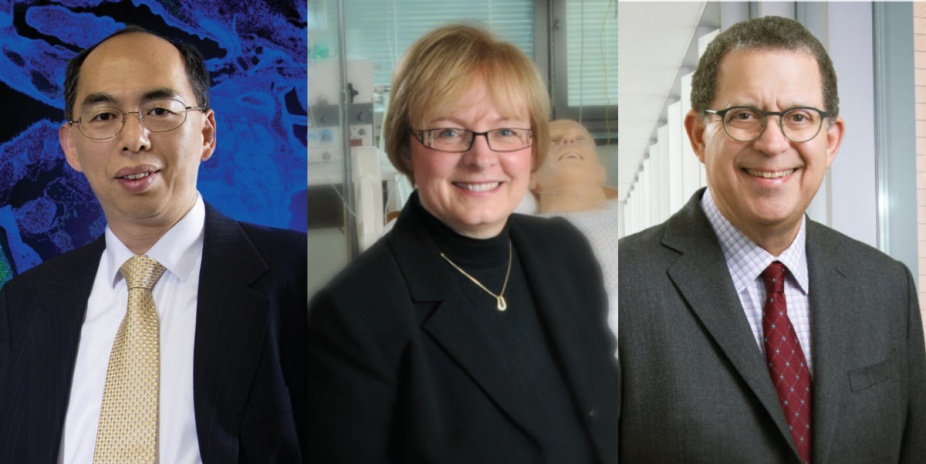
Forward Thinking
No one can say for sure which issues will be front and center in health care in 25 years, when the Jacobs School of Medicine and Biomedical Sciences marks its 200th anniversary.
Experts in medicine and the biomedical sciences, however, are trained to think ahead and anticipate the shifting landscape of knowledge, both practical and theoretical, in order to help prepare society for challenges and opportunities that lie ahead.
Here you will read a series of essays written by some of our school’s top faculty experts who have been asked to address a variety of topics germane to society today and to ponder how these issues will evolve over the next 25 years.
Many topics and experts are not included here, but we hope these essays will help set a tone of open and shared inquiry as we look to a future in which academic medicine will play an increasingly important role in efforts to improve the health and well-being of populations worldwide.
We begin with an overview essay by Nancy Nielsen, MD ’76, PhD, senior associate dean for health policy and clinical professor of medicine in the Jacobs School of Medicine and Biomedical Sciences. She is a former president of the American Medical Association.
–S. A. Unger, editor












